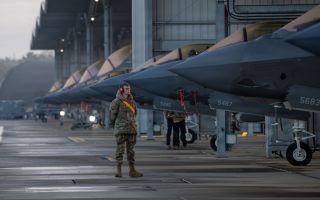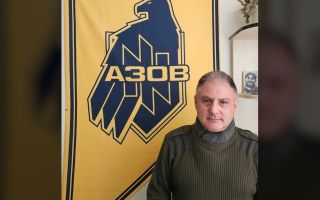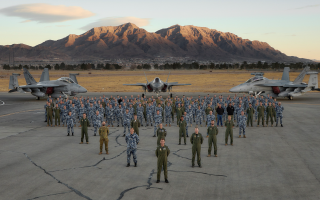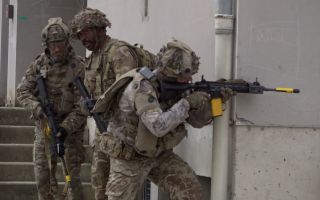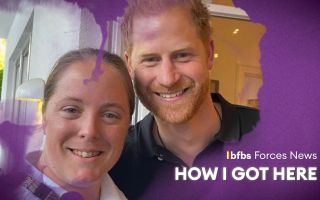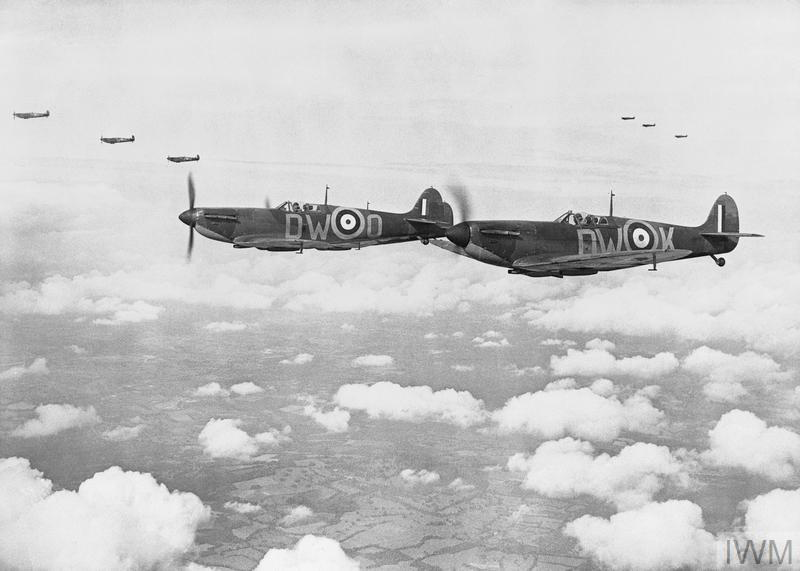
WW2 Outcome Could Have Been 'Entirely Different' Without RAF

There could have been an entirely different outcome to the Second World War if the Royal Air Force was not established 100 years ago, an academic has said.
Sunday marked 100 years since the creation of the RAF, which saw the merging of the Royal Flying Corps and the Royal Naval Air Service and the formation of a third service.
Dr Matthew Powell is a teaching fellow in strategic and air power studies as part of the University of Portsmouth at the Royal Air Force College Cranwell.
Speaking to the Press Association, he said if the RAF had not become a separate service in 1918, it could possibly have resulted in a situation where it was required to fight for independence.
"I think you would still have seen an independent RAF but it probably wouldn't have come around until during or just after the Second World War."
When asked whether history would have been different without an independent RAF during the Second World War, he said "it quite possibly" could have been.
"What you would have found is that the RAF as an independent air force focused very much on strategic bombing and home defence."
"It is questionable whether the Army and the Navy would have put the necessary resources and emphasis into that, and so you may have had a different situation with regards to the Battle of Britain."
"But on the other hand they may have been more effective in the proceeding operations in France in 1940 in an ability to prevent the German onslaught, but I think that is highly unlikely looking at how that battle went."
"There may not have been the push to develop a strategic bombing capability that was used to strategic effect to keep the US interested in what was happening in Europe after the fall of France in 1940."
"That was fundamental into drawing the Americans into the European war, I think in sort of 1941, which was the fact that we were still able to continue the fight in some way to the Germans."
"It could have had a massive effect if there wasn't an independent RAF from 1918 onwards."
Quizzed on how much RAF strategy had changed over the last century, Dr Powell said the core roles and principles of the service were codified in 1919 by the then chief of the air staff, Lord Hugh Trenchard.
"Those roles of air power haven't really modified at all."
"They have improved in capability or speed, or the ability to reach somewhere, but the basic underlying principles for air power have remained constant throughout the 100 years of the RAF."
On whether it would continue, he said: "I think so when you look at the ideas of air power - of its speed, its reach, its height, those are all inherent to air power.
"The ability to operate in the air that is a fluid environment is not going to change, and so those principles that founded the RAF and how it developed will remain in place, despite improvements in technology.
"The one thing that may change could come with space power and the RAF will have to think differently about that as a service.
"But I think the principles underlying it will remain."
Looking forward, Dr Powell said there would be an increased reliance on unmanned aerial vehicles (UAV), adding that he was not convinced the RAF would become "completely pilotless".
"Obviously, as the increasing use of UAV's occur, you are going to get less reliance on manned aircraft, but you are going to see a bigger push into space power," he said.




